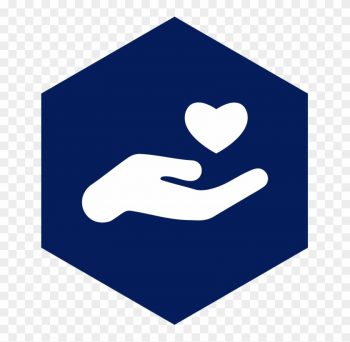Project Details
About the Project
Patients diagnosed with serious illness who also have substance use issues in the past or present make up a very complex patient population to care for adequately – for the patient and practitioner alike. Patients experiencing substance use challenges, mental health issues, and a high burden of chronic and terminal disease often attempt to access acute care through the emergency room. In hospital, while they may encounter palliative care physicians, addictions medicine specialists and others, these specialists may not have had an opportunity to truly collaborate and coordinate their care holistically.
In the past, these patients have sometimes been discharged from hospital without means for further follow up. Dr. Ashley Heaslip who works with the Portland Hotel Society (PHS) and Dr. Jody Anderson from palliative care recognized the value of an ongoing multidisciplinary coordinated care plan. Over the course of three different phases of grants from the South Island Medical Staff Association’s Facility Engagement funding, they worked to gather a group of palliative care, addictions medicine and community physicians working with CoolAid Clinic and PHS Clinic, alongside allied health care and support workers to devise some strategies and tools to better serve this patient group.
At their first event, a gathering of over 25 physicians from different hospital-based specialties and community-based providers, identified some of the complex clinical questions that surround this patient population. From this stage, a working group emerged – Drs. Heaslip and Anderson were joined by Dr. Fraser Black, Dr. Doug McGhee, Dr. Christian Wiens, Dr. Tara McCallan, Dr. Sabrina Gustafson-Vickers representing inner city family practice, addiction medicine, and palliative care. After reviewing the literature, the group learned that there were no guidelines or best practices to guide the creation of a coordinated care plan for this patient population. This became the first goal of the working group. Drawing on the combined expertise of the group and the limited literature that does exist (helpfully compiled by two family practice residents, Dr. Alisha Zacharias and Dr. Nafisa Samir), they created a working draft of guidance around the clinical care that takes place at the intersection of palliative care and addiction medicine. In Phase 3, they then sought input and advice from key stakeholders outside of the group, including Island Health physicians and medical leaders, partner organizations such as CoolAid and PHS clinics, and academics at UVic specializing in the interaction of palliative care and addictions.
Given the complexities of the patient population, the working group wanted to create a decision support tool for helping to care for these patients. Questions such as “does the patient have an ongoing family care physician?” or “does the patient have a regular relationship with a pharmacist?” could help connect patients with ongoing supports in the community.
Since March 2020, the final steps of the project were put on hold due to the response to COVID-19. Having created a draft care pathway for clinicians to use to navigate the challenges of prescribing opioids in the context of a history of substance use, the group is keen to trial the pathway with hospitalist colleagues in Victoria to see what works and what does not. The group also intends to involve patient partners to weigh in on the tool to see how it resonates with their own experiences. They are hopeful to re-start this pilot in the spring of 2021, pending further funding.
Speaking about the value of the project, Dr. Heaslip commented that one of the most important outcomes was the collaboration between different specialties. “This project has been able to ignite more conversations between palliative care and addiction medicine. The physician collaboration across different areas of medicine has been unique and exciting”.
We thank these doctors for their hard work through multiple phases of this project and wish them all the best in the next stages of the work!

